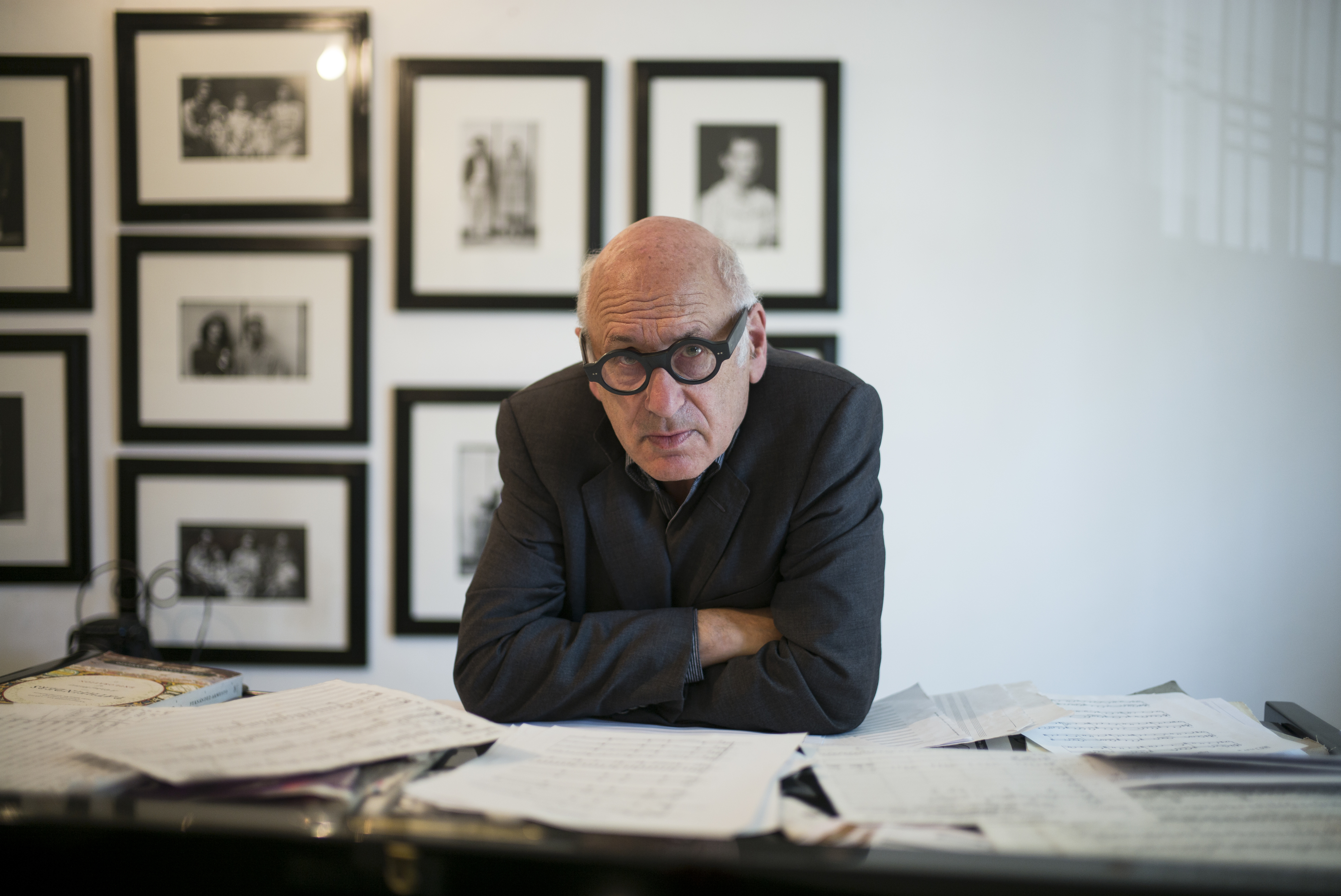The Cook, the Thief, His Wife & Her Lover, The Draughtsman’s Contract, The Piano… London-born Michael Nyman has created the score for many a revered art movie.
Who better, then, to present Dziga Vertov’s pioneering documentary from 1929, Man with a Movie Camera, highlight of the eight-day Budapest Classics Film Marathon? Part of the festival is being staged for free on Szent István tér in the shadow of the Basilica.
Later considered by experts to be the greatest documentary ever made, Man with a Movie Camera spent decades in Soviet obscurity before being acclaimed across the globe and scored by several composers, Michael Nyman included.
Deploying a whole range of cinematic techniques – freeze frames, split screens, jump cuts – barely a year after America had witnessed its first talking movie – experimental filmmaker Dziga Vertov showcases a day in the life of the Soviet Union, from dawn to dusk, across four major cities.
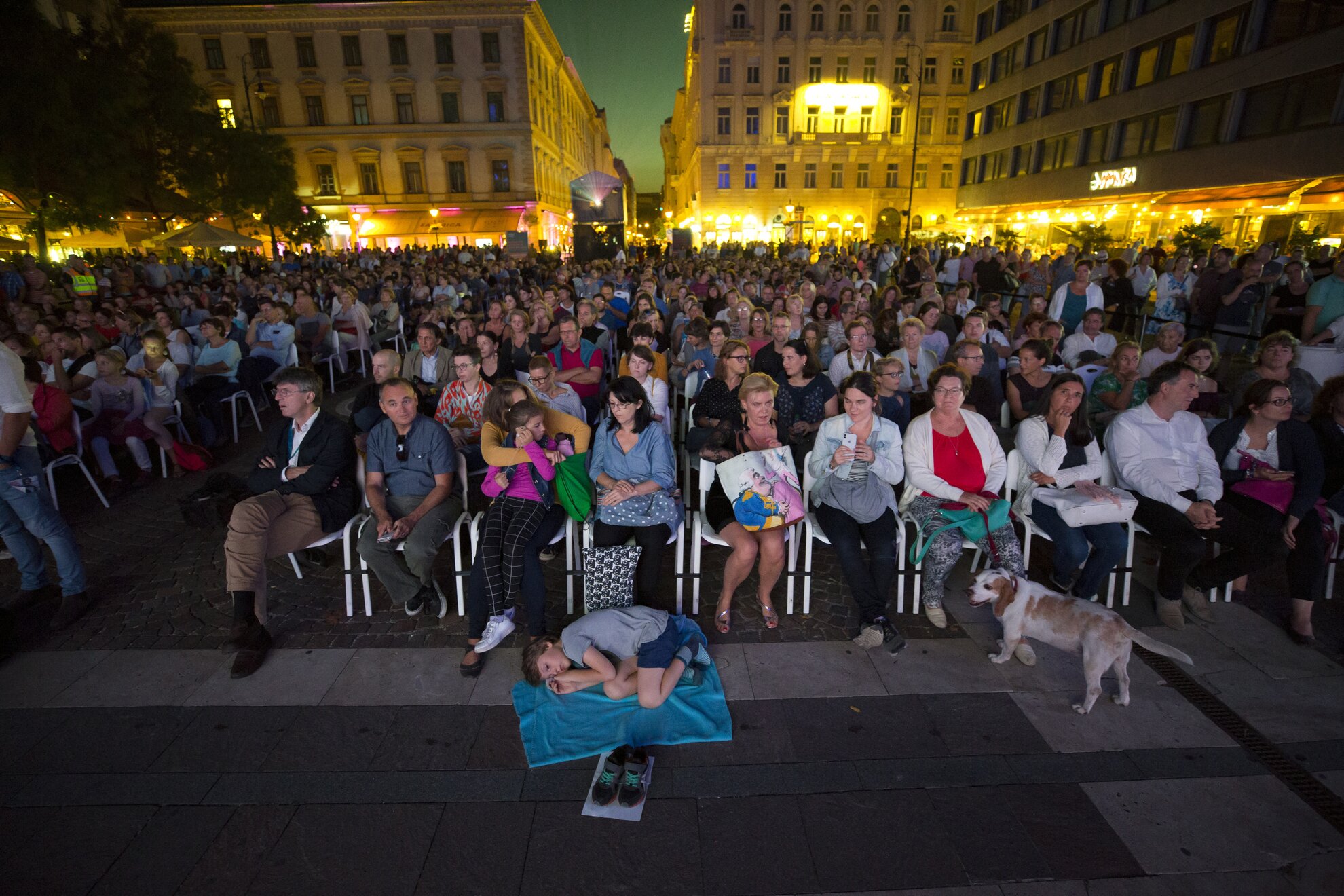
Nyman will give two presentations in Budapest: one as part of the Fast Forward Program, a groundbreaking initiative set up by the Hungarian National Film Fund to help train the next generation of movie professionals here in Budapest; and, of course, to showcase the silent documentary he scored, Man with a Movie Camera, on 9 September.
We Love Budapest:Please tell us something about your presentation in Budapest.
Michael Nyman: I will talk about the difference between being ‘a composer who also writes soundtracks from time to time’, to being a ‘soundtrack composer’ – who also happens to wrote operas, string quartets, concertos and symphonies!
WLB:You first scored music to the silent film Man with the Music Camera in London in 2002. What attracted you to this film in particular?
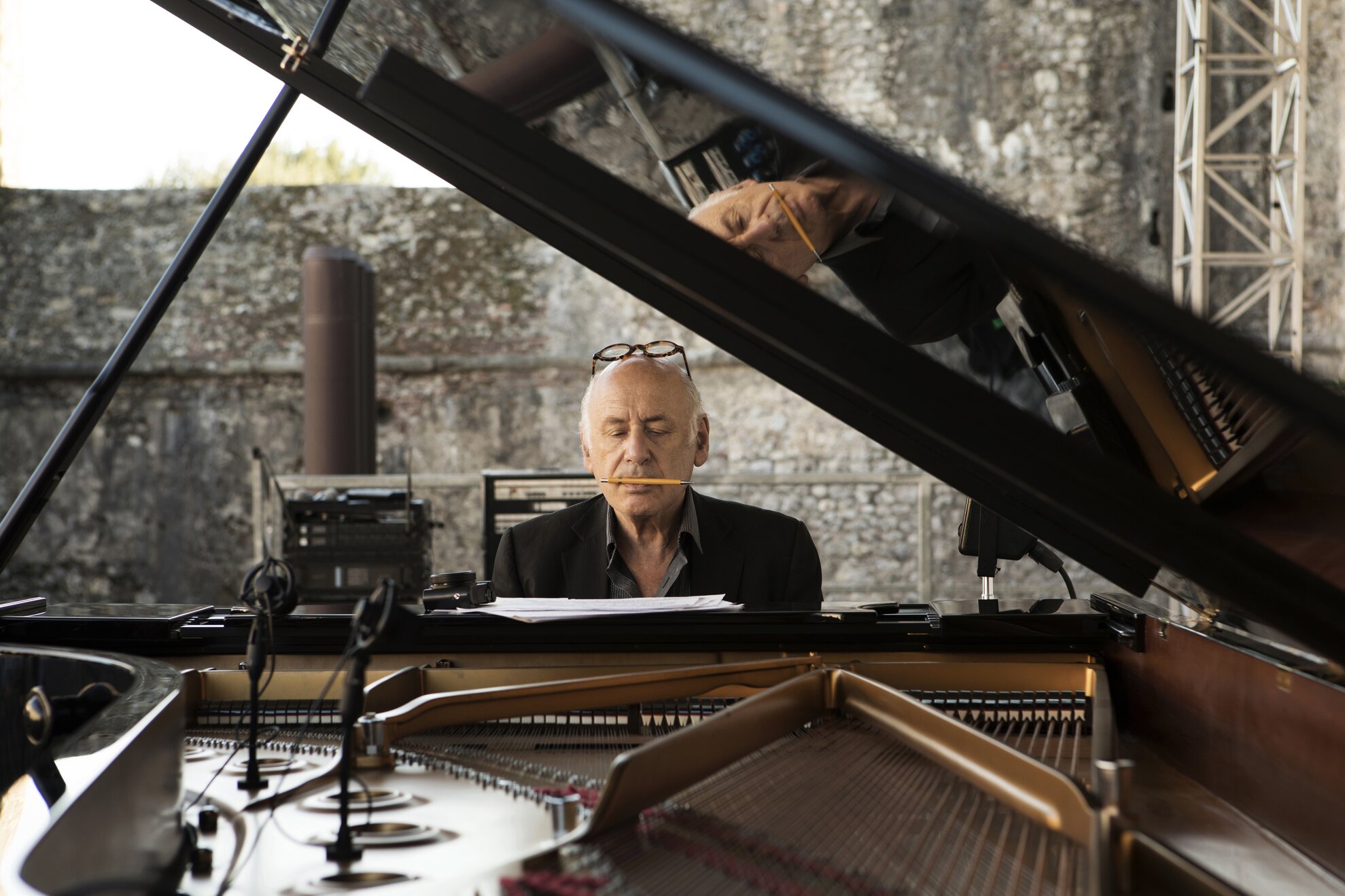
MN: It was a specific commission from the British Film Institute, who also released a DVD with my soundtrack. It may be difficult to believe, given my familiarity with film culture since the 1960s, but this was the first time I had ever seen this film, apart from single frames reproduced in the histories of documentary films that I had read.
WLB:How easy is it to score for a silent film? On the one hand, you have a free hand, on the other is the weight of history…
MN: It is a real pleasure to score a silent film especially when it is taken from the point of view of a composer. Without wishing to sound arrogant, it was a real pleasure that my soundtrack has no connection with the history and style of ‘live music for silent film’ but it was created from the position of a strong composer interacting with a strong filmmaker. The joy of writing continuous music, uninterrupted by dialogue and sound effects – or by the opinions of the filmmaker (!) – are the source of delight and freedom.
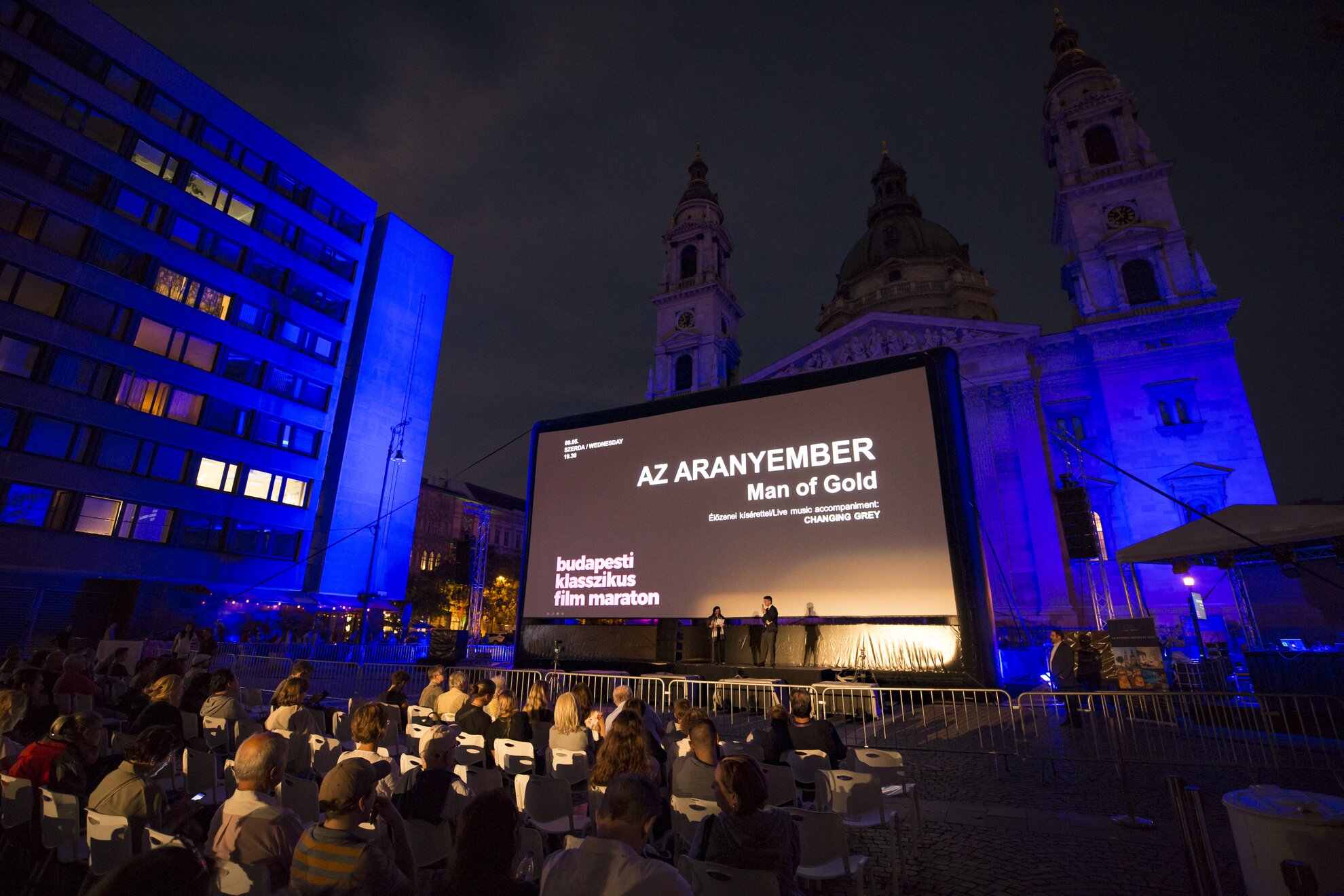
WLB: This won’t be the first time that you have appeared in Budapest – what’s your favourite memory of your visits to the city?
MN: My favourite memory is of a mysterious story of an unexpected visit in September 1965 (yes!!!), which I will recount as part of the lecture. Most recently, I performed my War Work, eight songs with film, at the prestigious concert hall at Müpa.
WLB: Please tell us something about your current and upcoming projects.
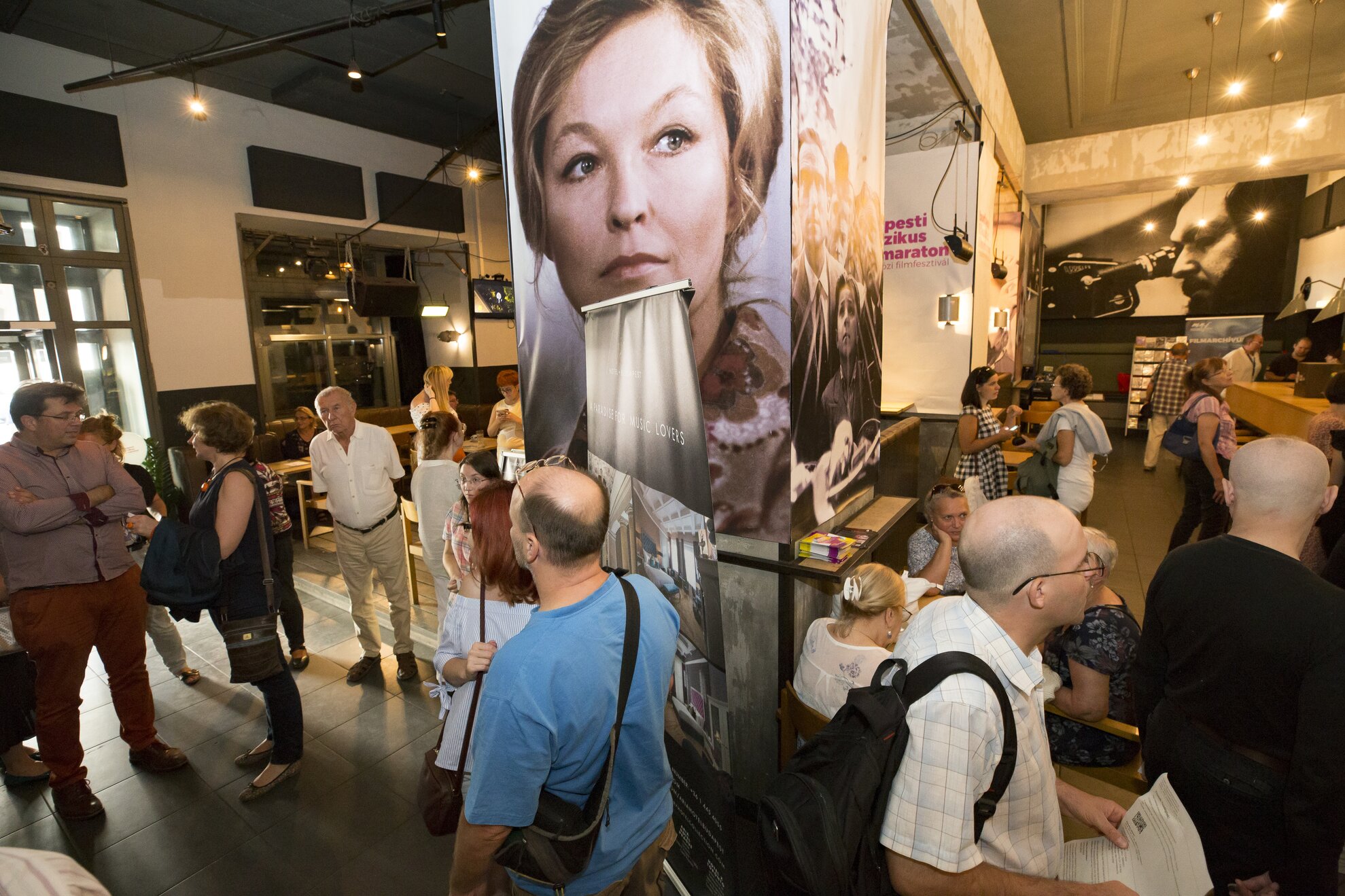
MN: I am at this very moment completing work on three concertos, No.3 for violin, No.2 for cello and my first-ever clarinet concerto. I am also finalising my film Nyman’s Earthquakes, which will have its premiere at the Milan Film Festival on 6 October.
WLB:Thank you very much, and looking forward to seeing you soon!
MN: YES!!!!!!!
Budapest Classics Film Marathon
Various venues, 4-11 September
